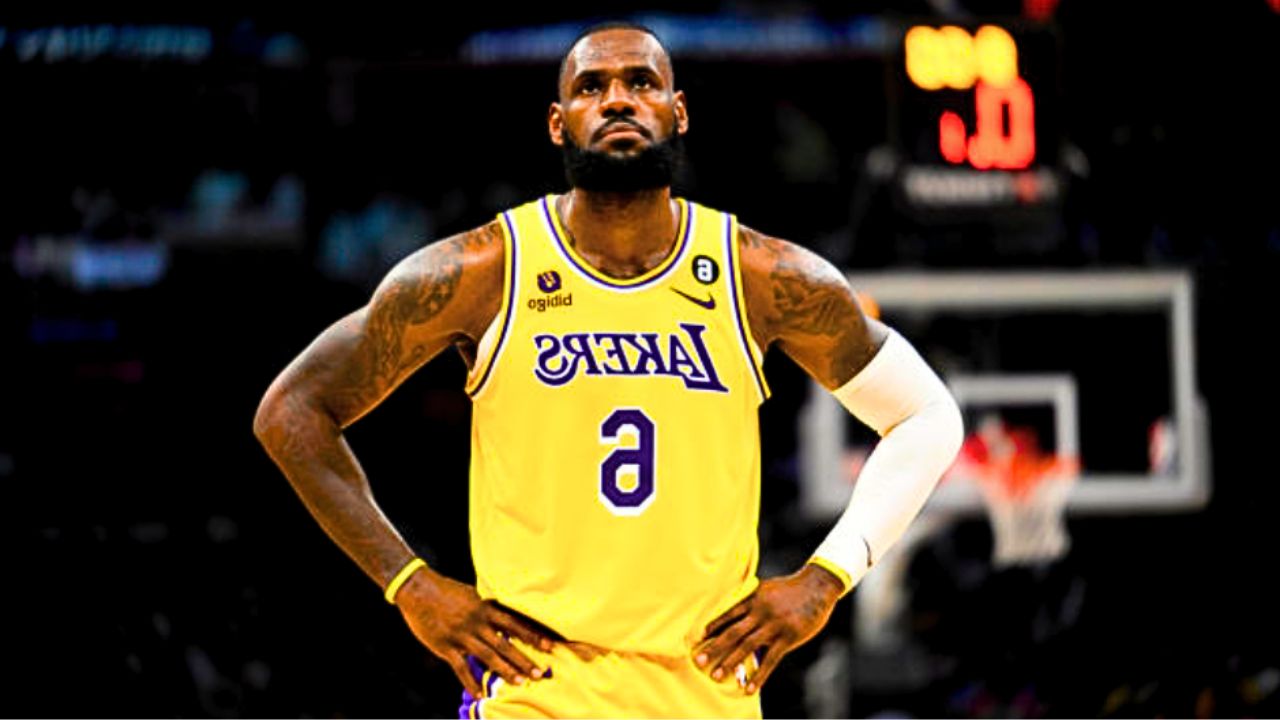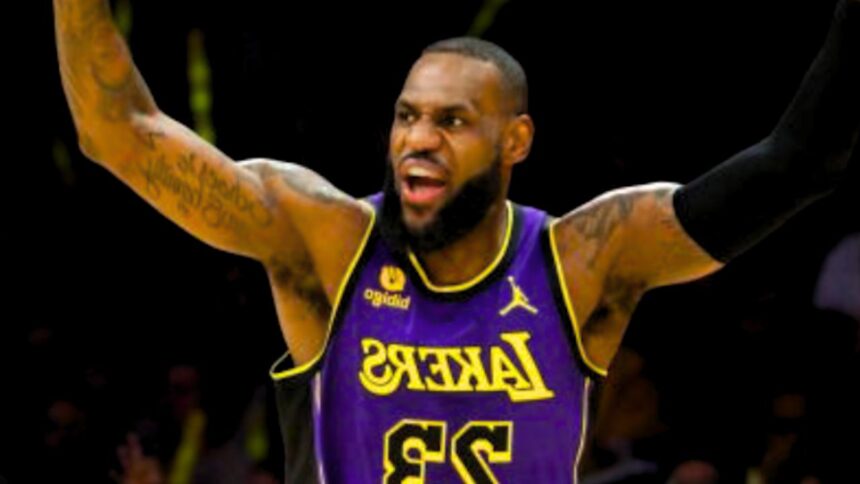Billionaire LeBron James recently delved into the intricate dynamics of coaching and basketball intelligence during a compelling podcast episode alongside JJ Redick. The conversation shed light on James’ respect for Rajon Rondo’s exceptional basketball acumen while also expressing bewilderment over Rondo’s choice to steer clear of a coaching career. In a candid moment, James attributed Rondo’s reluctance to the challenges associated with navigating the realm of professional sports, specifically pointing fingers at what he termed as “rich entitled guys.”
James’ insights provide a rare glimpse into the inner workings of the NBA, highlighting the complexities of player-coach relationships and the evolving landscape of professional basketball. His remarks underscore the significance of basketball IQ and the ability to execute decisions swiftly, using Rondo as a prime example. Moreover, James acknowledges the daunting task of managing high-profile athletes in today’s NBA, where wealth and entitlement often intersect with talent and ambition.
During the episode titled “What Makes a Great Basketball Player?,” shared on the YouTube channel of “Mind the Game Pod w/ LeBron James and JJ Redick,” James voiced his perplexity regarding Rondo’s career trajectory, stating, “Rajon Rondo yeah for sure he has he can process flip do things on the on the go like it’s very weird to me that he’s not coaching at a high level I think it’s because he doesn’t want to do it. It’s a lot it is a lot it is a lot who wants to deal with all these rich entitled guys all the time. It’s you guys make too much money it’s just a weird thing.”
James’ remarks resonate beyond the realm of basketball, sparking contemplation on the nature of entitlement and wealth in competitive sports. As a billionaire athlete himself, James’ perspective carries weight, offering a nuanced understanding of the challenges and privileges that accompany success in the NBA. His candid commentary challenges conventional notions of team dynamics, emphasizing the delicate balance between collective unity and individual prowess.

In a landscape where interpersonal dynamics often shape team cohesion and performance, James’ observations serve as a poignant reminder of the human element inherent in professional sports. Navigating the nuances of personality and entitlement poses a formidable task for coaches and players alike, underscoring the complexities of elite-level competition. By delving into these intricacies, James enriches our comprehension of player-coach interactions and the broader culture of professional basketball, providing valuable insights as the NBA continues to evolve.




